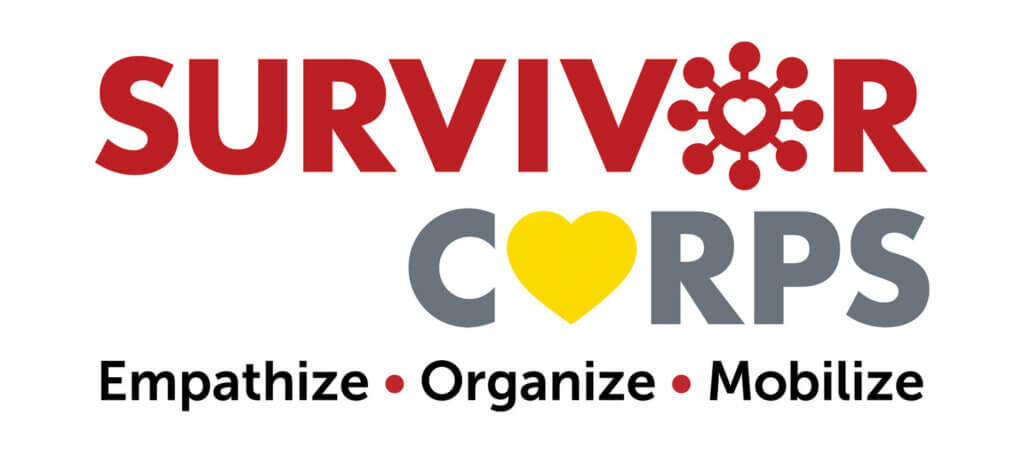Speaker
Adrian F. Hernandez, MD, MHS
Executive Director, Duke Clinical Research Institute
Vice Dean, Duke University School of Medicine
Topic
Decentralized Trials: Naughty or Nice?
Keywords
Decentralized trials; Study design; Implementation; Patient engagement; Patient-reported data
Key Points
- Decentralized trials have been occurring since the start of the internet and mobile devices to reach people where they are and collect data in places we were not able to in the past.
- One key problem decentralized trials can help solve is the gap between those who wish to participate in research and those who actually do participate. Clinical trial deserts and lack of broadband widen the gap between those who wish to participate and those who are able.
- Decentralized trials attempt to capture data remotely instead of at a site and virtually(patient-reported) rather than recorded by study personnel.
- COVID-19 flipped the model for clinical trial visits from that of site-based visits and care to home based, virtual visits and care.
- Enrollment can be a challenge for decentralized trials and requires engagement campaigns at various timepoints in the study to achieve desired enrollment numbers.
- Decentralized trials can help ensure inclusion of diverse communities in your study population.
- The HeartLine study, CHIEF-HF study, HERO-Together study, and ACTIV-6 study are taking advantage of various technologies to decentralize study design.
Discussion Themes
Decentralized methods may improve recruitment, but may not improve retention. We may need a hybrid model to keep a patient engaged.
Decentralized methods may require decisions about what data we should collect and what we could collect, but don’t need.
Read more about decentralized study design in Use of Mobile Devices to Measure Outcomes in Clinical Research, 2010-2016: A Systematic Literature Review and Digitizing Clinical Trials.
Tags
#pctGR, @Collaboratory1




 In the latest episode of the
In the latest episode of the